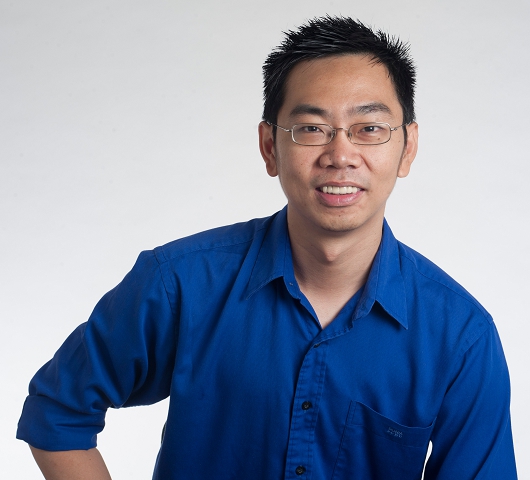 |
Prof. Cheemeng Tan CVFull Prof., Biomedical Engineering, UC Davis, 2025 Recent Honors and Awards2021 NIGMS MIRA |
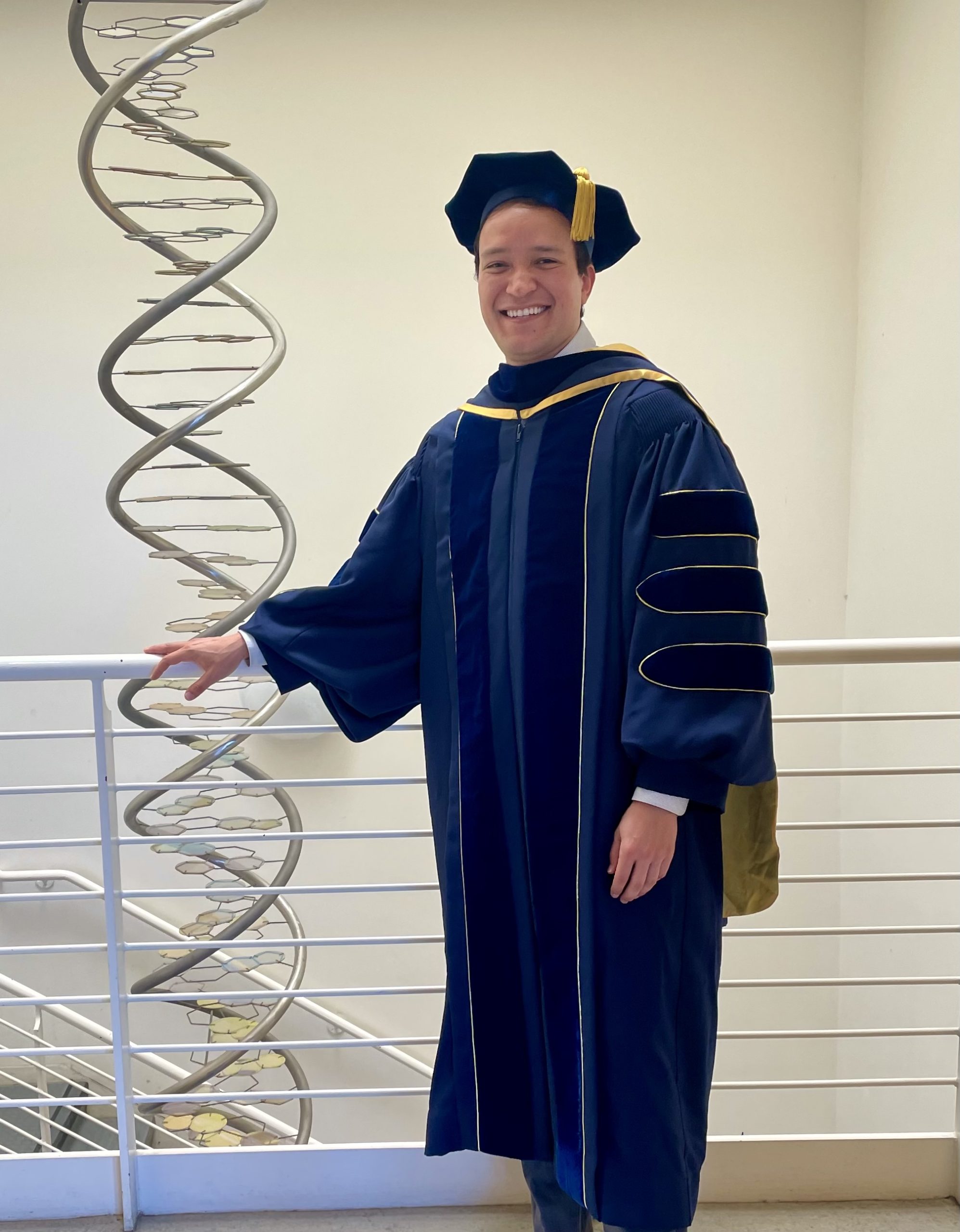 |
Dr. Luis E. Contreras-LlanoBiotechnology, Molecular and Synthetic Biology |
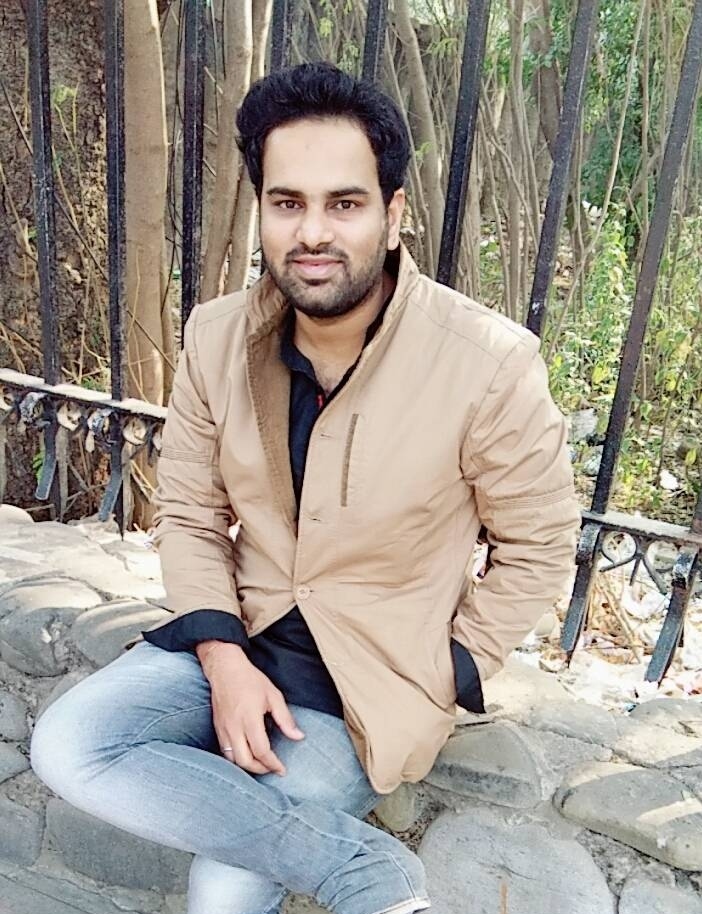 |
Dr. Shahid KhanMicrobial pathogenesis |
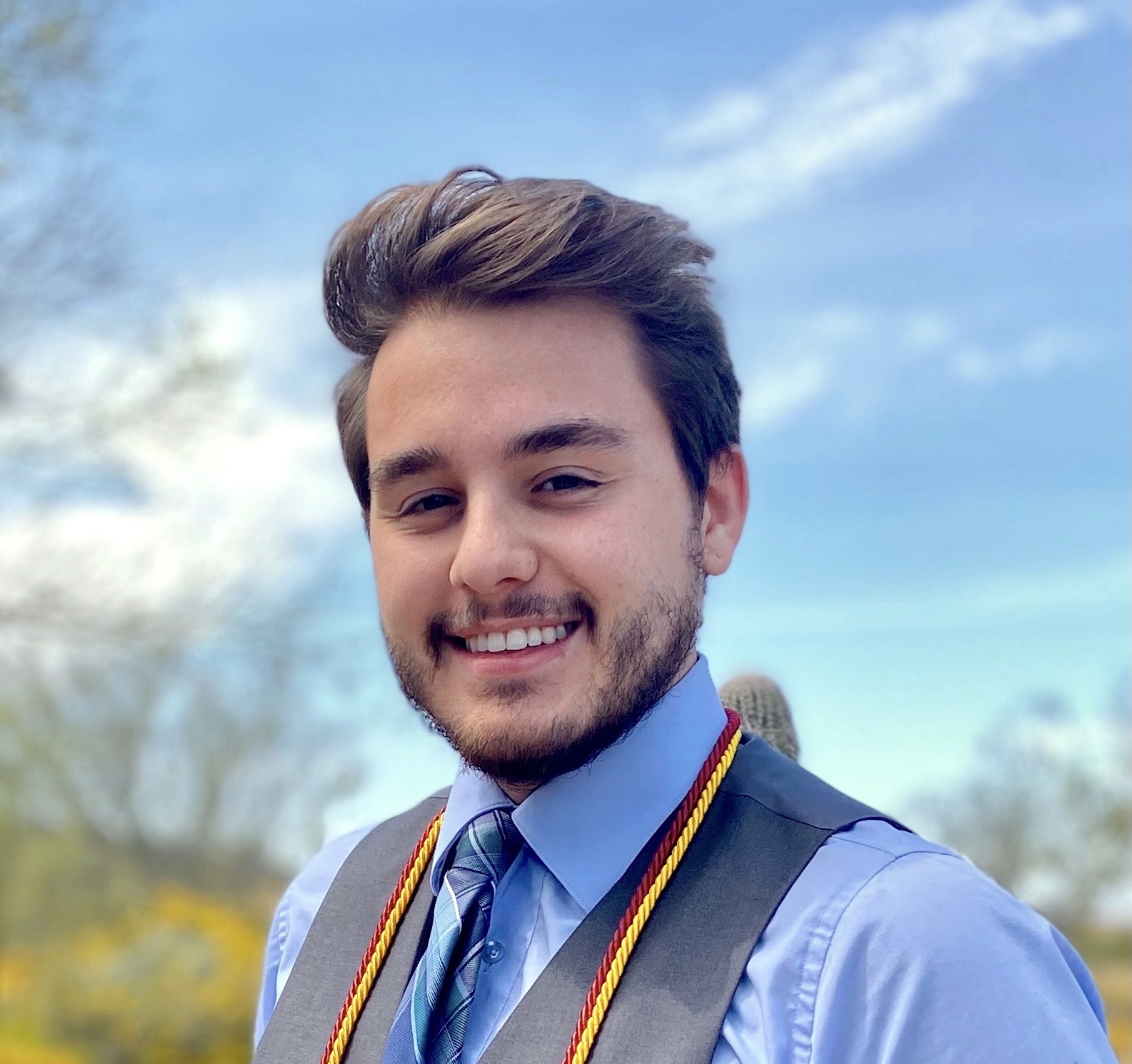 |
Tanner HensonBiomedical Engineering |
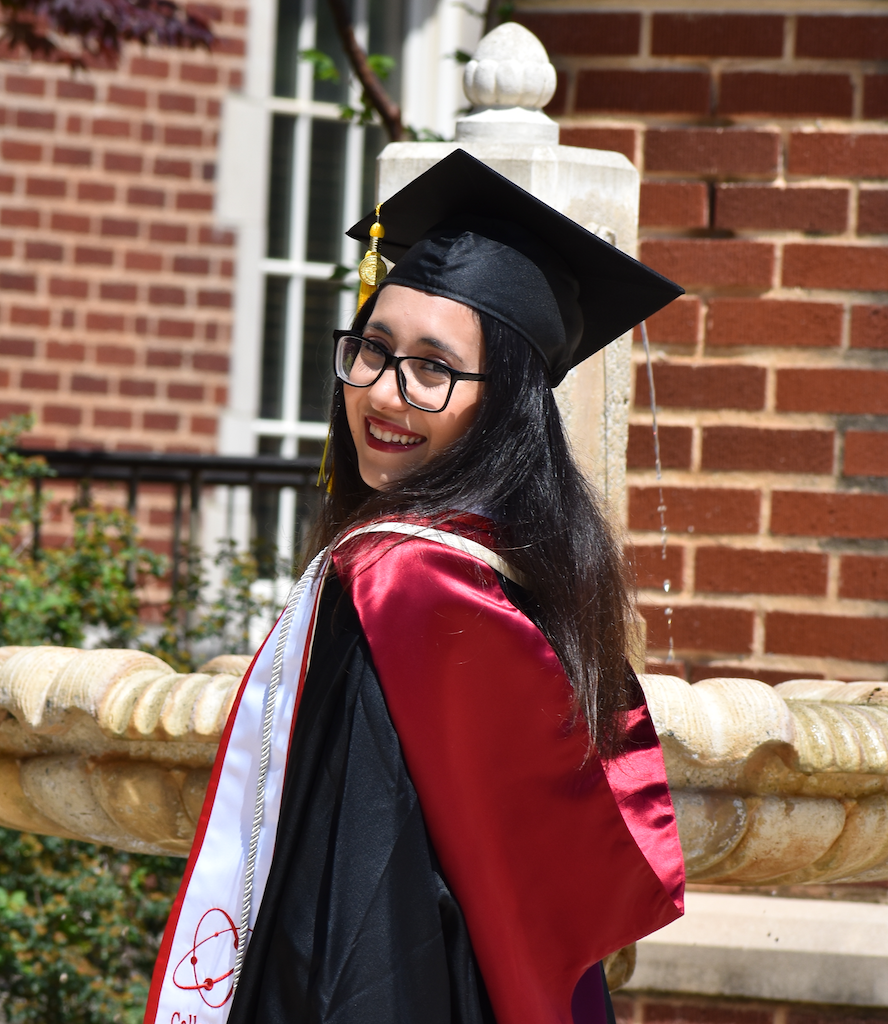 |
Ofelya BaghdasaryanBiomedical Engineering |
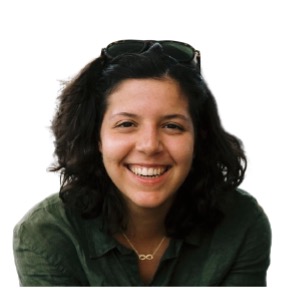 |
Alessandra ArizziImmunology |
 |
Jared Lee-KinBiomedical Engineering |
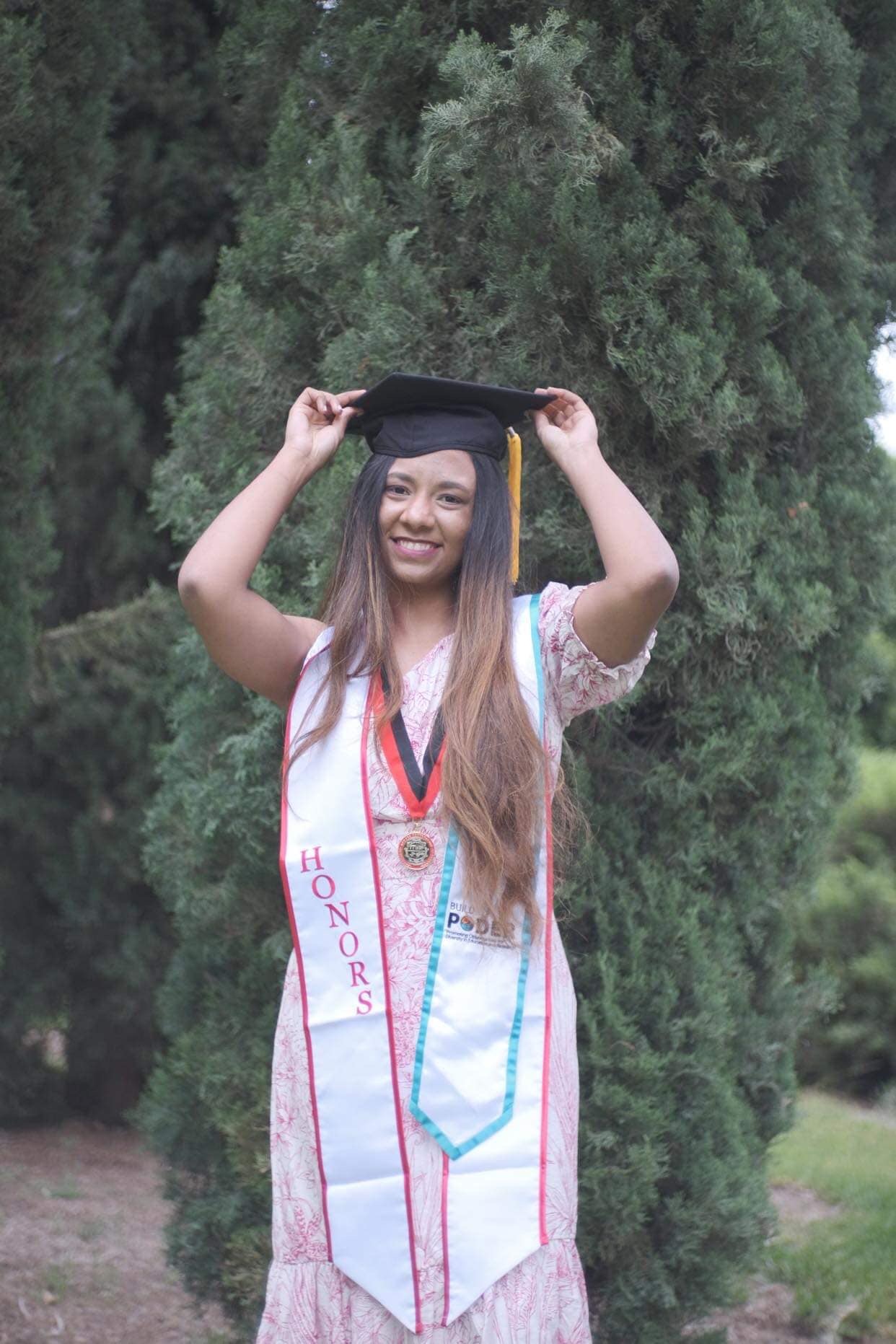 |
Mariam El-KarimIntegrated Genetics |
 |
Nhu BuiNeurobiology, Physiology, and Behavior |
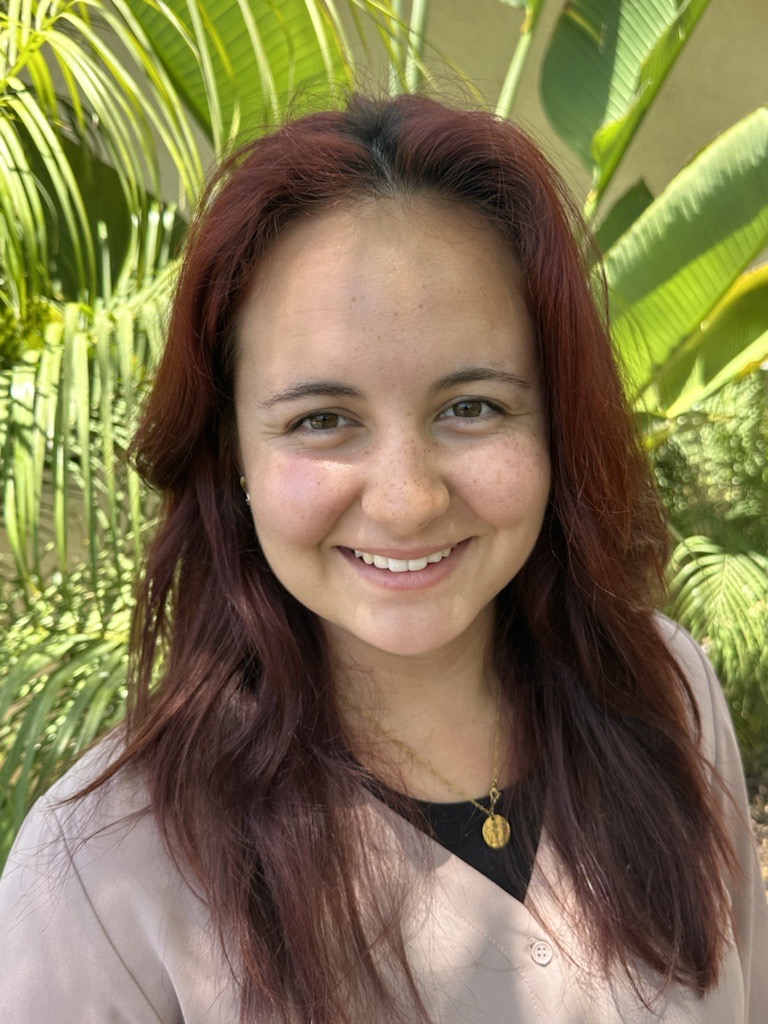 |
Brianna VargasGlobal Health |
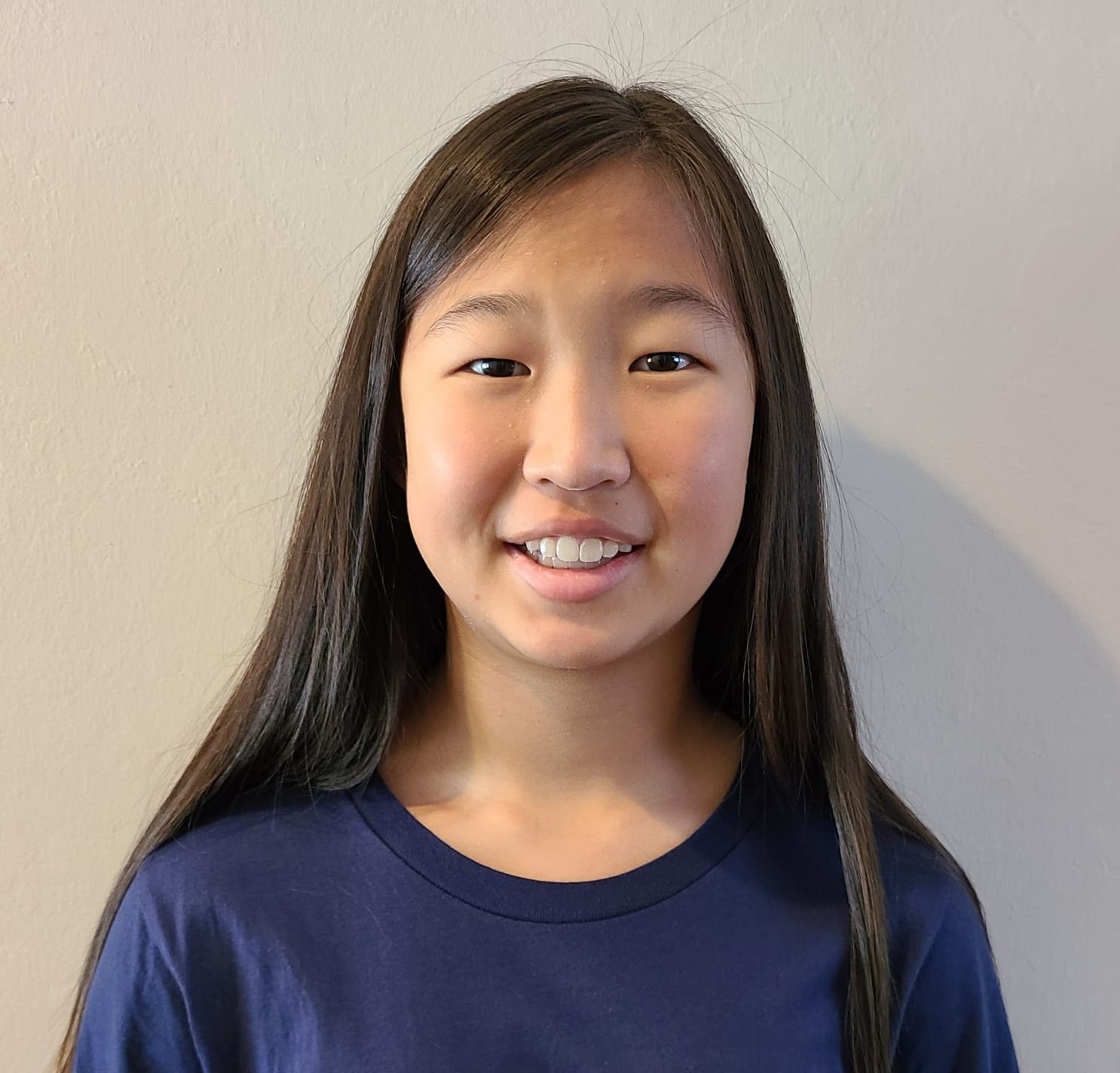 |
Desiree PoonBME |
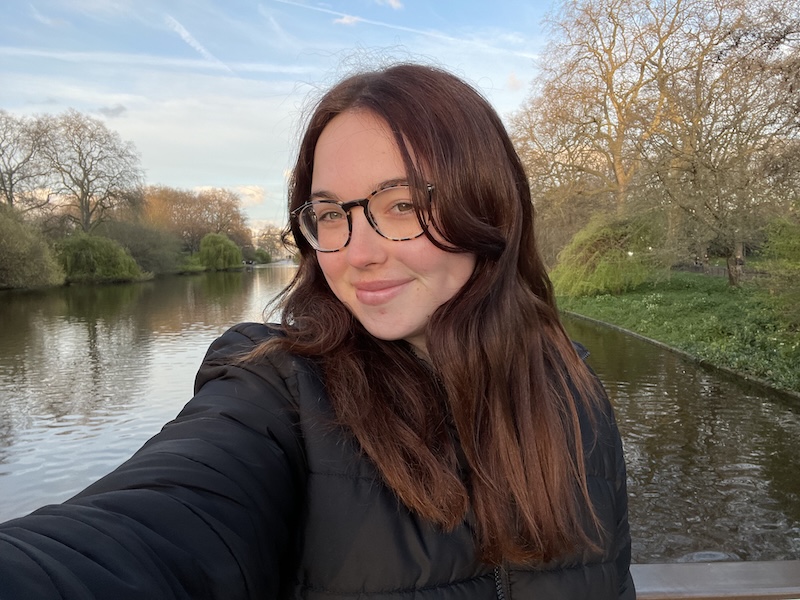 |
Emily WheelerGlobal Health |
Alumni |
||
| Name | Position in the Lab | Current Position |
| Cong Ma | Undergraduate Intern (Summer 2014) | Asst Prof., University of Michigan |
| Jonathan Ho | Undergraduate Intern (2014-2015) | MD/PhD student, Frank Netter School of Medicine |
| Meidi Wang | Undergraduate Intern (Summer 2015) | PhD student, Rice University |
| Mi Hwangbo | Undergraduate Intern (2015-2016) | |
| Ying Zhang | Undergraduate Intern (Summer 2016) | PhD student, Cancer Science Institute of Singapore |
| Michael Chavez | Undergraduate Intern (2014-2016) | Founder, Enoda |
| Eliza Morris | Postdoc (Sep 2015 – Aug 2016) | Prof, Cal State Sacramento |
| Fernando Villarreal | Postdoc (Jan 2014 – Jan 2017) | |
| Yunfeng Ding | Postdoc (Mar 2014 – May 2017) | Research Associate, Baylor College of Medicine |
| Alexander Duveneck | Undergraduate Intern (2015-2017) | |
| Kwan Lun Chiu | Undergraduate Intern (2015-2017) | PhD student, UC Davis |
| Sean McCutcheon | Undergraduate Intern (2015-2017) | PhD student, Duke University |
| Michelle Mao | Undergraduate Intern (2016-2018) | Medical Student, Carle Illinois College of Medicine |
| Yuchen Guo | MS student (2016-2018) | Technical Support Lead, Novogene |
| Tanishq Abraham | Undergraduate intern (2016-2018) | Research Director, Stability AI |
| Yao Liu | Postdoc (2018-2019) | |
| Yusuke Nakamura | Visiting Scholar from Japan (2018-2019) | |
| Jagveer Singh | Undergrad Intern (2018-2019) | Department of Technology, CA |
| Rachel Ibrahim | Undergrad Intern (2017-2019) | Mechanical Engineer, Micro-Vu |
| Christopher Vo | Undergrad Intern (2017-2019) | |
| Surya Vishnubhatt | Undergrad Intern (2018-2020) | |
| Daniel Lewis | PhD Student (2013-2019) | UCSF, postdoc |
| Fan Wu | PhD Student (2013-2019) | Automation Scientist, Capsida Biotherapeutics |
| Katelyn France | Undergrad Intern (2018-2020) | |
| Hamad Linjawi | Undergrad Intern (2018-2020) | |
| Dasha Aleksandra Iserlis | Undergrad Intern (2019-2021) | Reliability Support Engineer, GE Aerospace |
| Breanna Yang | Undergrad Intern (2020-2021) | |
| Matthew Wong | Undergrad Intern (2019-2021) | UMass Chan Medical School, PhD student |
| Joakin Ejie | Undergrad Intern (2020-2021) | |
| Janet Kwon | Graduate student (2021-2021) | |
| Chuqing Zhou | PhD student (2019-2022) | |
| Constantine Yerocosta | Undergrad intern (2022-2022) | |
| Anton Block | Undergrad intern (2022-2022) | |
| Arielle Lazovsky | Undergrad intern (2022-2022) | |
| Luis Eduardo Contreras Llano | PhD Student (2016-2022) | Postdoc |
| Ting Gong | Postdoc (2019-2022) | NAMUH |
| Jiyoung Shim | Postdoc (2019-2022) | |
| Dhruva Adiga | Undergrad intern (2021-2023) | |
| Pin-Ru Lin | Undergrad intern (2021-2023) | Intern, Genentech |
| Stephen Zhang | Lab tech (2022-2023) | Graduate Student, UC Davis |
| Kay Cosper | Undergrad intern (2023-2023) | |
| Keerthana Ananda | Undergrad intern (2022-2024) | Graduate student, UCSD |
| Jerry Huang | Undergrad intern (2024-2024) | |
| Conary Meyer | PhD student (2020-2024) | founder – startup |
| Veena Arunkumar | Undergrad Intern (2023-2025) |
